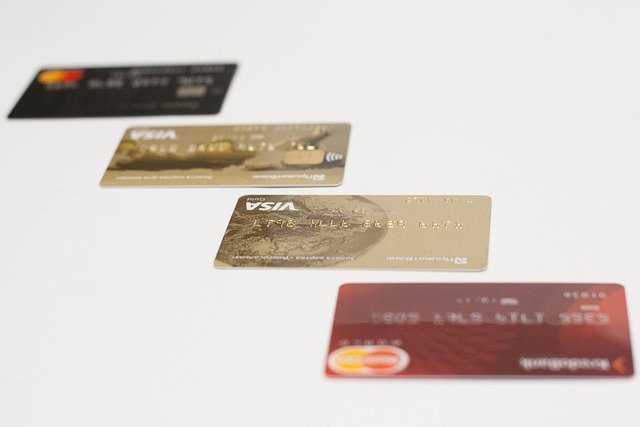5 Ways To Get A Credit Card: Low Income, No Deposit, Fast Approval And More
Obtaining a credit card with limited income or specific requirements involves understanding various application strategies and card types. While approval is never guaranteed, certain approaches may improve your chances of finding suitable credit options. Each method has specific requirements and potential limitations that applicants should carefully consider before applying.

Credit card approval depends on multiple factors that vary by issuer and individual circumstances. While no method guarantees approval, understanding different card types and application strategies can help you identify options that might align with your financial situation. It’s important to have realistic expectations about approval odds and understand that credit decisions involve comprehensive evaluations of your financial profile.
Strategies For Credit Card Applications With Lower Income
Applicants with limited income face additional challenges but may still qualify for certain credit products. Credit card companies evaluate debt-to-income ratios, employment stability, and existing financial obligations alongside income levels. Some issuers offer cards designed for individuals with lower earnings, though approval requirements still apply.
When applying, accurately report all legitimate income sources, including part-time employment, government benefits, or regular financial support you can reasonably expect to continue. However, inflating income information can lead to application rejection and potential fraud concerns. Consider starting with your existing bank, as they may have more complete information about your financial relationship and potentially more favorable consideration.
Understanding No-Deposit Credit Card Options
Unsecured credit cards don’t require security deposits but typically have stricter approval criteria than secured alternatives. These cards may be available to applicants with limited credit history, though approval isn’t guaranteed and often depends on other financial factors beyond just the absence of a deposit requirement.
Student credit cards, if you qualify through enrollment, sometimes offer unsecured options with more accessible approval criteria. Credit unions may also provide unsecured cards to members with more flexible underwriting standards. Pre-qualification tools allow you to check potential approval without affecting your credit score, though pre-qualification doesn’t guarantee final approval.
Application Processing Times and Expectations
While some credit card applications receive quick decisions, approval timing varies significantly by issuer and application complexity. Online applications typically process faster than mail applications, with some providing decisions within minutes to hours. However, many applications require additional verification that can extend processing time to several business days or weeks.
Factors affecting processing speed include credit report reviews, income verification requirements, and application volume at the issuer. Some applications may require manual review, particularly for applicants with limited credit history or unique financial circumstances. Having complete documentation ready can help avoid delays, but doesn’t guarantee faster approval.
| Card Category | Typical Processing | Common Requirements | Important Considerations |
|---|---|---|---|
| Basic Unsecured | 1-7 business days | Credit history, income verification | May have higher interest rates |
| Secured Cards | 1-5 business days | Security deposit, bank account | Deposit typically refundable |
| Student Cards | 1-10 business days | School enrollment verification | Often limited to students only |
| Store Cards | Minutes to 3 days | Varies by retailer | Usually limited to specific merchants |
| Credit Union Cards | 2-10 business days | Membership requirements | May offer more flexible terms |
Processing times and requirements are estimates based on typical industry practices and can vary significantly by issuer and individual circumstances. Approval is never guaranteed regardless of card type.
Building Credit Foundation Responsibly
Successful credit card management requires understanding your obligations and limitations. Credit cards are lending products with specific terms, interest rates, and fees that can significantly impact your financial situation if not managed properly. Reading and understanding all terms before accepting any credit offer is essential.
Maintaining low credit utilization, making payments on time, and staying within credit limits helps build positive credit history. However, missing payments or exceeding limits can damage your credit score and result in additional fees. Consider starting with lower credit limits to minimize potential financial risk while building credit experience.
Alternative Credit Building Approaches
If traditional credit card approval proves difficult, several alternative methods can help establish credit history. Secured credit cards remain widely available options, though they require upfront deposits and may have annual fees. These function similarly to unsecured cards but with reduced issuer risk.
Becoming an authorized user on someone else’s account can help build credit history, though this depends on the primary cardholder’s responsible usage and willingness to add you. Credit-builder loans and alternative credit reporting services offer additional pathways, each with specific requirements and limitations.
Remember that building credit is typically a gradual process requiring consistent, responsible financial behavior over time. While various strategies exist to improve approval odds, no method guarantees credit card approval, and each application involves a comprehensive evaluation of your financial circumstances.




